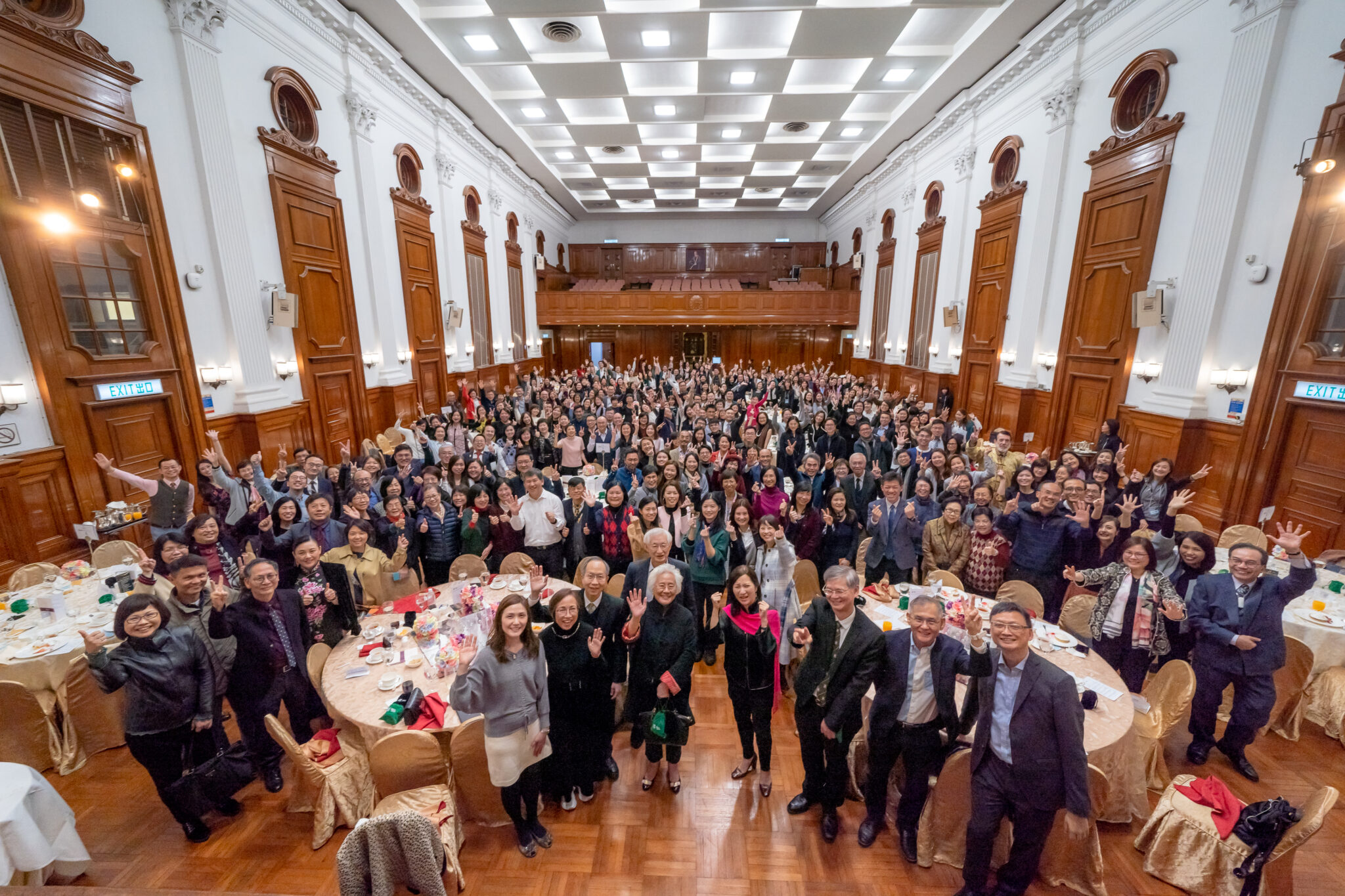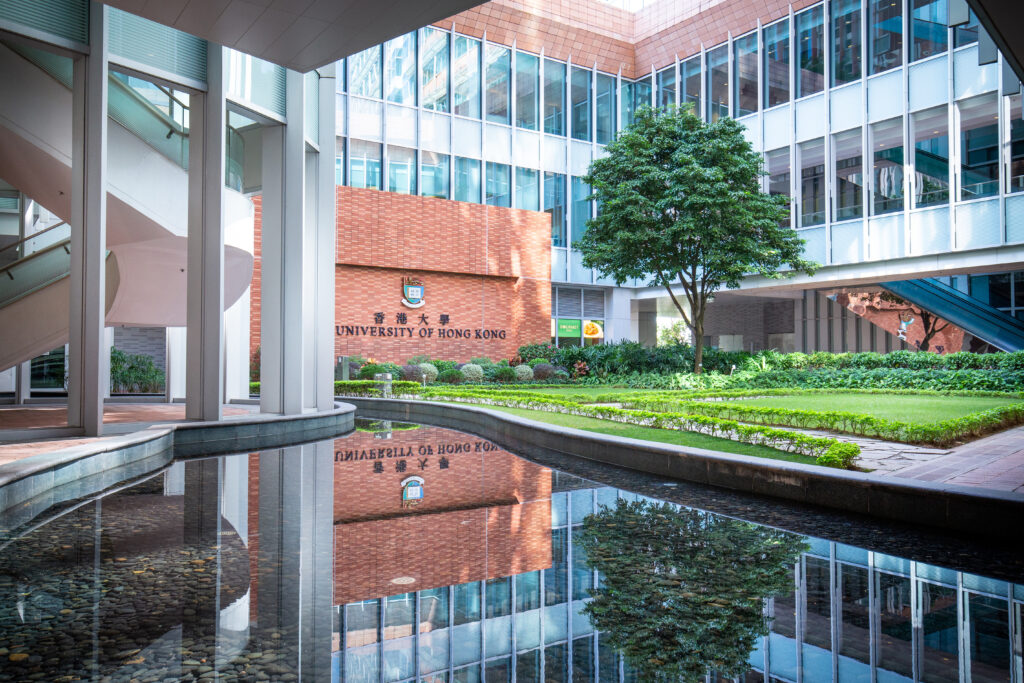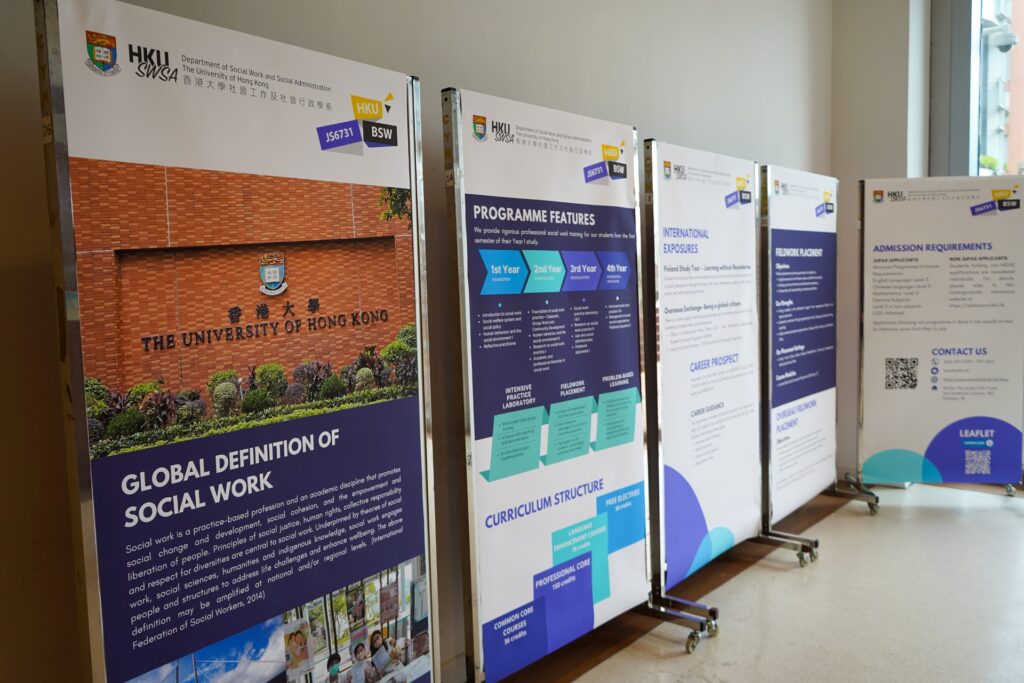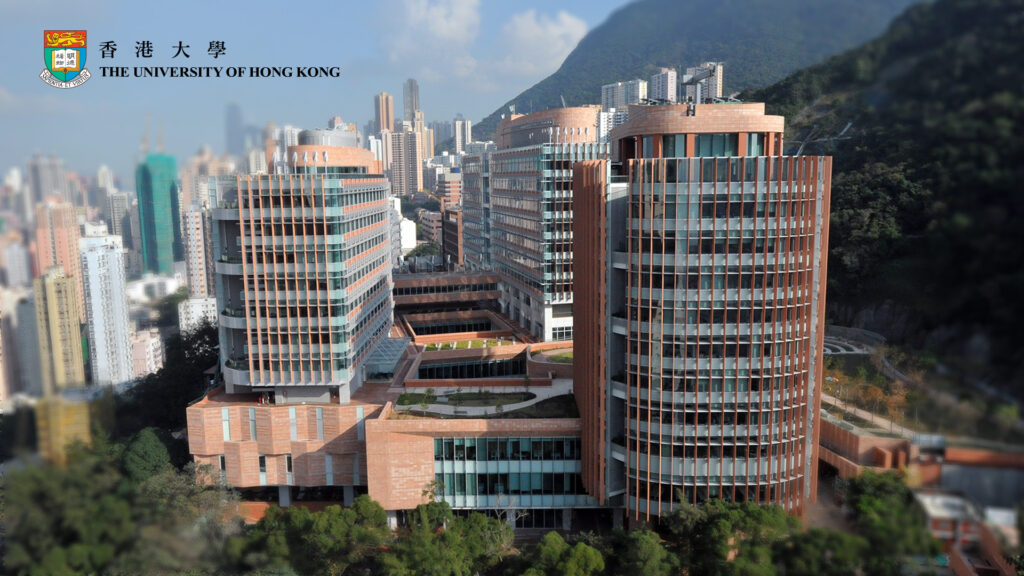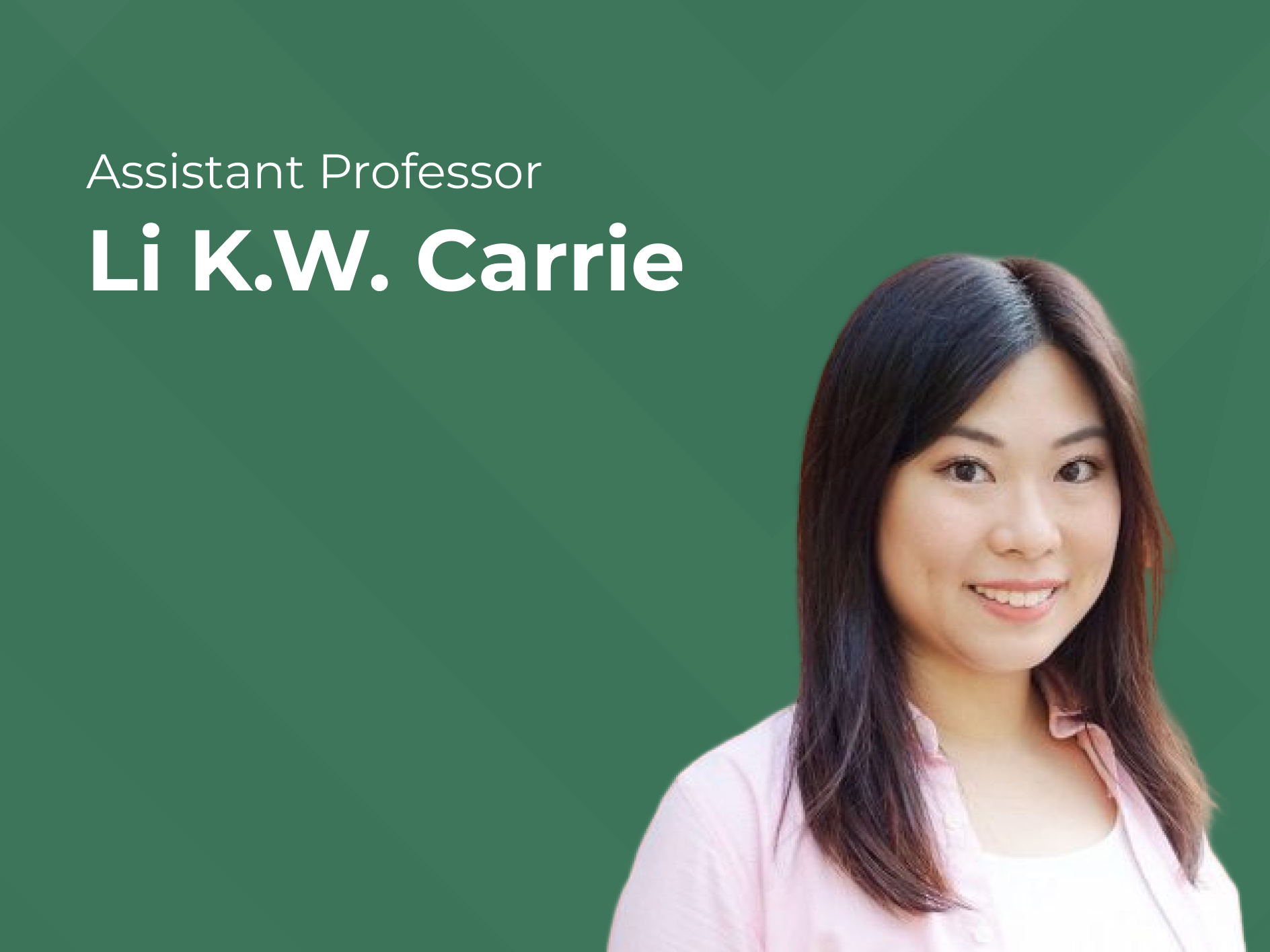
Research has focused on intimate partner violence (IPV) against women either before or after separation, but little attention has been paid to the changes in and persistence of violent behaviors from one situation to the next. This study contributes to the literature by comparing the changes in types and frequencies of abusive behaviors of women’s former husbands. This allows us to understand how mechanisms of power are enacted through IPV both before and after separation. We interviewed 19 women in the Midwestern United States who had experienced IPV by their former husbands and had subsequently divorced them. Data were analyzed using qualitative content analysis. The findings suggest that verbal abuse and using children were the most common forms of IPV both pre- and postseparation. Many preseparation behaviors were replaced by other forms of abuse; for example, physical abuse was not experienced after separation. Some forms of IPV, such as stalking and economic abuse, escalated after separation. This reveals that exerting control over women through nonphysical forms of IPV was more common after separation. In particular, using axial and selective coding approach, our findings present three composite narratives of women’s experiences of the changes in, and the escalation and persistence of, the violence they faced. The three composite narratives show how abusive behaviors are situated within patriarchal notions of dominance, power, and control over women and their children. The implications of the findings are discussed in terms of healthcare services, advocacy-based victim assistance, school officials, and the courts.
Congratulations to Prof. LOU W.Q. Vivian on being recognized among the Healthy Ageing 50 Leaders by the UN Decade of Healthy Ageing (2021?2030). The Healthy Ageing 50 highlights people from every region and sector?government, civil society, academia, and business?whose work is measurably improving the lives, rights, and well-being of older people and advancing the Decade?s priorities: combating ageism, fostering age-friendly environments, and expanding access to integrated and long-term care. Honourees are profiled on the Decade platform to showcase approaches with proven impact and potential to scale, and to catalyse collaboration across countries and disciplines?reflecting Dr. LOU?s leadership in ageing and longevity.
Learn more: https://www.decadeofhealthyageing.org/topics-initiatives/other-initiatives/healthy-ageing-50#anchor_two
Prof. LAW Y.W. Frances was admitted as a Fellow of the Academy by the Hong Kong Academy of Social Work. The Fellowship is a senior professional honour that recognizes social work leaders with sustained, exemplary contributions to the profession and the community. Fellows are peer?acknowledged for their professional excellence and leadership, ethical standing, impact on practice and policy, scholarship and education, and dedicated service. As a Fellow, Prof. Law is part of a community expected to set standards for the field, champion continuing professional development, mentor the next generation, and help advance the Academy?s mission to strengthen social work quality and public trust in Hong Kong. This recognition affirms her leadership and broad impact across research, practice, and community engagement.
Learn more: https://academy.hkswa.org.hk/zh-HK/membership/information/fellow/

